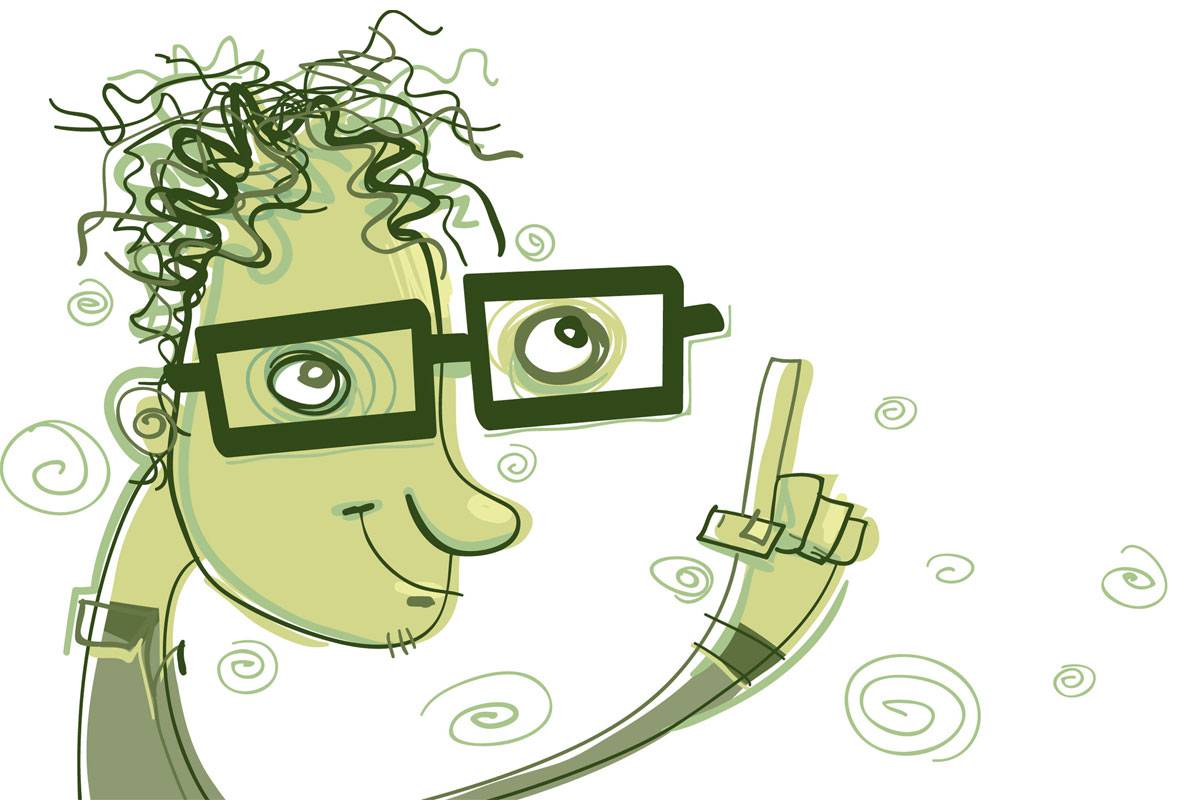The question
In the comments to one my posts, a reader left an interesting question, the discussion of which I thought was better off in a new post. Not only does that enable others to see it more easily but taking this path preserves the reader’s anonymity (I haven’t published the comment, for reasons he’ll understand when he reads this post).
The question was this: ‘As a hypothetical, if I create a screenshot of someone else’s website and turn it into a smaller thumbnail, how would this be considered under copyright?’ My comments on this question are below, written as if I was talking directly to the person that asked the question. I don’t limit my comments to a screenshot of someone else’s website. The screenshot might, for example, be of a single photo you see on another site.
Comments
The question you raise is an interesting one. I’ll make some comments but you’ll appreciate that this isn’t legal advice. My standard disclaimer applies. (I’m sure I’ll get tired of saying that after a while… .)
The answer to your question probably depends on the country you’re in, the country’s laws that apply and the circumstances of the generation and use of the thumbnails, including – importantly – whether the original image from which a thumbnail is made is itself a copyright work. I’ll comment on what appears to be the position in three countries to give you a flavour of the differences that can exist on this issue across jurisdictions.
United States
In the United States, in at least two cases the courts have held that the use of thumbnail images was permissible under the fair use defence that exists under US copyright law. The cases are Kelly v Arriba Soft Corp 336 F 3d 811 (9th Cir, 2003) and Perfect 10, Inc. v. Amazon.com, Inc., 487 F.3d 701 (9th Cir. 2007). They both involved image search engines. You can find a brief summary of the cases on the Electronic Frontier Foundation’s website.
Germany
In Germany, the courts appear to have delivered conflicting judgments. In a number of cases, first instance courts have held that a search engine that makes thumbnail images of copyright works to show in its search results is liable for infringing the owners’ copyright. By contrast, the Federal Court of Justice has held to the contrary on the basis of a (potentially questionable) implied consent analysis. Poetzlberger summarises it as follows: “The Court concluded that the uploading of images on the Internet, without taking any technical restrictions to block the image search function, would — from an objective viewer’s perspective — constitute consent in the use of these works” (F Poetzlberger Google and the Thumbnail Dilemma — “Fair Use” in German Copyright Law?; see also B Clark Second BGH decision on Google Image search and
Google image search results do not infringe copyright, says German court).
Australia
I’m not aware of any case law in Australia on this specific issue and I’m not going give my own view as to how Australian courts might decide it. That said, the Australian Copyright Council (ACC) has said this: “If you want to use thumbnail images, you will usually need permission from the copyright owner unless it is clear that the copyright owner is allowing you to use them in a particular way”. The ACC also noted that the fair use defence in the United States “is broader than the fair dealing exceptions currently contained in Australian law therefore the position is likely to be different under Australian law” (see its Information Sheet G116v02, August 2012, Thumbnails; see also Arthur Allens Robinson’s Copyright of ‘thumbnail’ images (August 2003) It’s also relevant to note that the Australian Law Reform Commission has recommended the introduction in Australia of a fair use exception to copyright infringement. If that recommendation were enacted, the position in Australia (assuming the ACC is right) might change.
A practical question
In countries where there is a risk of copyright infringement, there is a practical question to consider, bearing in mind that the use of thumbnails (and screenshots for that matter) is commonplace across the Internet (just think of Pinterest). The question is this: is the owner of the image you’re making a thumbnail of likely to care or might the owner even be happy about it given that it may (if the thumbnail is an image link to the owner’s website) send more traffic its way?
Depending on the context, some people might care, some might not and some might even be happy about it. It’ll likely depend on a range of factors. For example, the owner of a public-facing website of which you’re showing a homepage thumbnail will probably be less concerned than, say, a photographer whose photos you thumbnail or a trademark owner whose stylised logo you thumbnail. At the same time, note that some companies expressly regulate the use of screenshots (and arguably, by extension, thumbnails) in their terms of use. Take a look at Microsoft’s Use of Microsoft Copyrighted Content as an example and compare that with Mojang’s Minecraft End User Licence Agreement.
The answer to this question might, in a particular context, influence whether you’re willing to take a punt, as an Australian might put it. But punt as you may, if you’re infringing copyright under the laws that apply to you, you remain at risk of – at least – a cease and desist letter if the copyright owner discovers it and is unhappy about it. The simple solution in that event would usually be to remove the thumbnail image. Unless you’ve taken a heap of thumbnail images and are somehow exploiting them commercially, I suspect the likelihood of court action will be low. But then again, you never know. The choice is yours. If you want to remove risk altogether, either seek permission from the copyright owner or choose an image that you own or are licensed to use.
Happy thumbnailing.

7 Comments